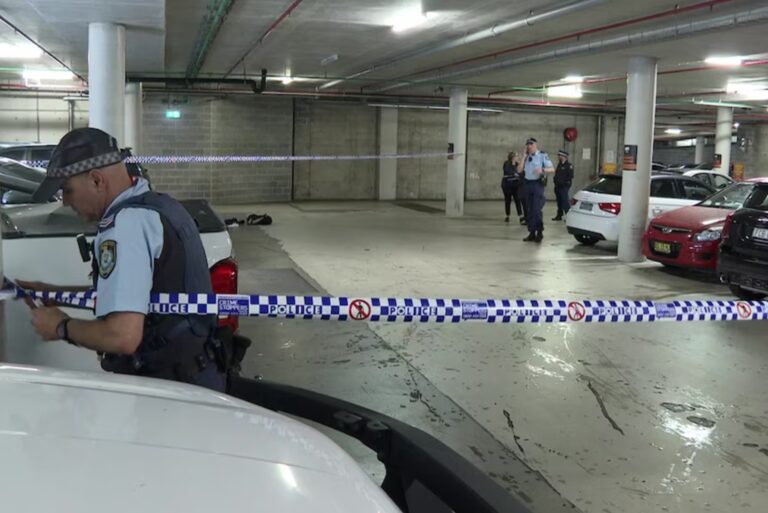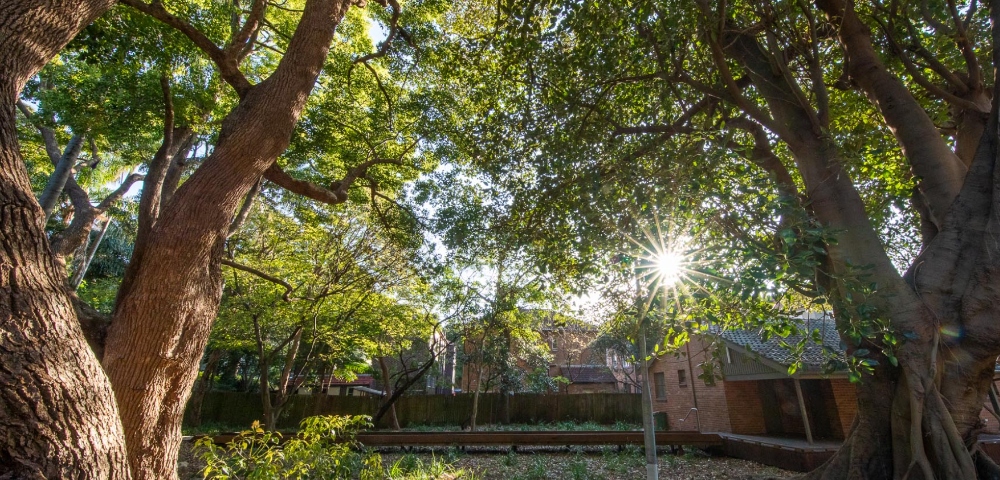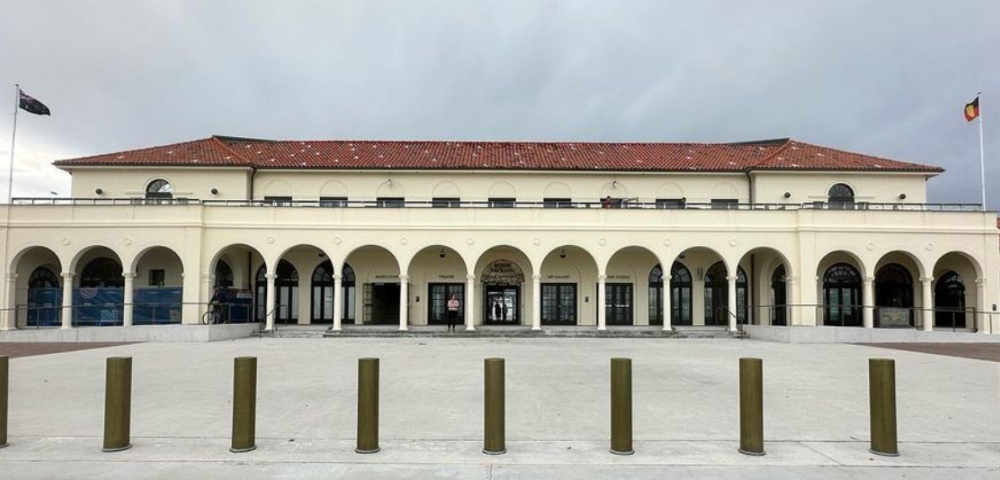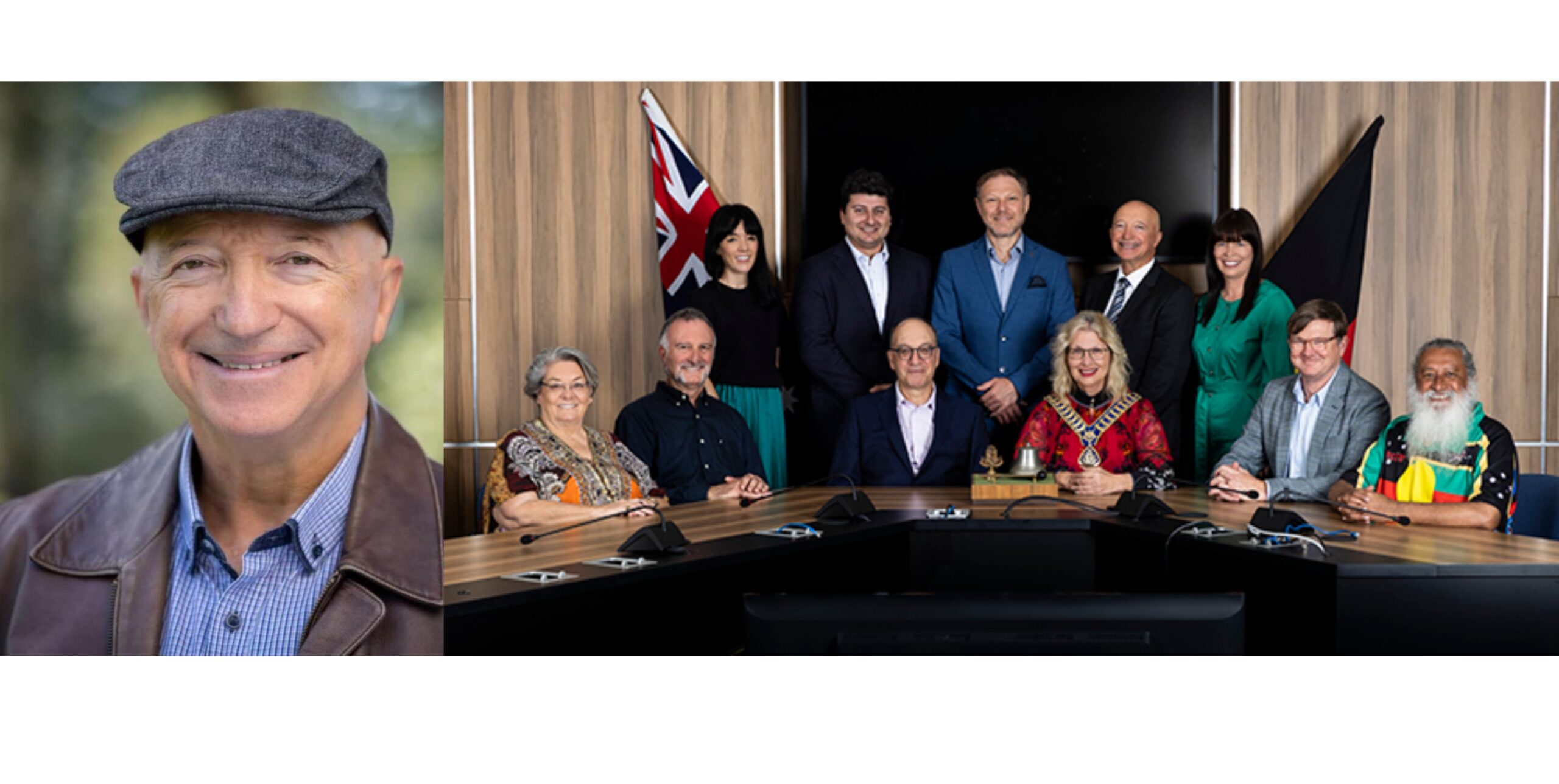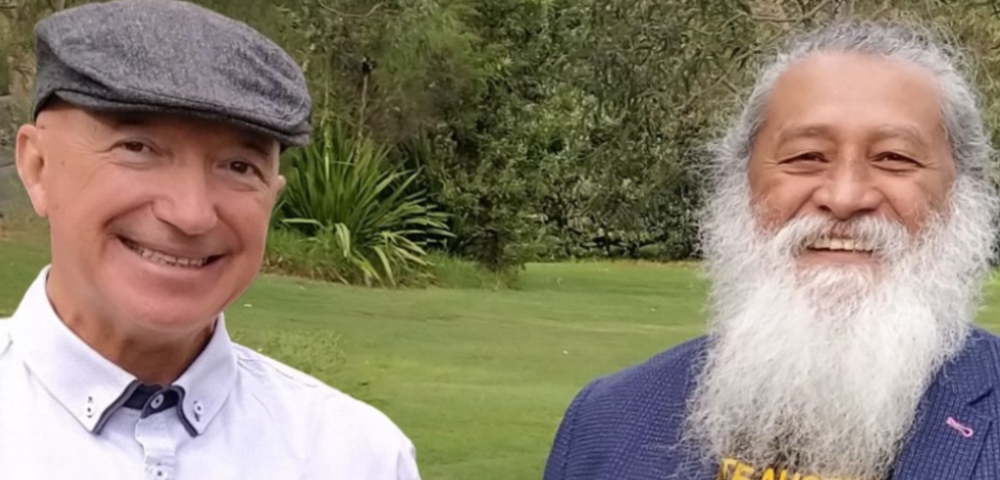
Waverley’s local democratic process revisited
Greens councillor Dominic Wy Kanak has called on Waverley Council to reintroduce questions with notice in a bid to increase transparency and open debate regarding local community issues.
Councillor Wy Kanak’s motion was defeated at the May 20 council meeting, but the process has been instituted at state and federal parliamentary levels.
Cr Wy Kanak argues that it is a crucial feature of a democratic system.
“Questions are put by elected representatives to the ruling majority to increase the transparency and accountability of what the government is doing,” he said.
The current Waverley Council agenda format was adopted in a council meeting in December when a motion was moved to undertake a 12 month trial observing its impacts and benefits commencing from February.
Cr Wy Kanak said the questions allowed for greater accessibility to representations from multiple constituents.
“It’s also a way for the community to speak to councillors publicly together. All councillors hear the same version of the issues that are put [forward],” he said.
Danielle Ecuyer of the Bondi Junction Precinct Committee said questions needed to be asked because it was a fundamental part of the democratic process.
“It’s appalling they do not have questions with notice. It’s not democratic and councillors should be given that [power] … otherwise, it’s like we are gagging them,” she said.
Cr Wy Kanak said council was considering different ways of broadcasting council meetings to help enhance the ability to publicly address matters on the agenda and make them more transparent.
“There is a proposal that the council meetings be broadcast on the web so if that were to occur it would, depending on the technical recording of those meetings, help to record the whole of a debate on a particular issue,” he said.
But Liberal councillor Leon Goltsman drew a distinction between questions and motions raised at meetings, arguing often the question system was misused to “waste time” and diverted Council’s attention away from community matters.
“It’s not about being transparent … it’s all about personal politics at the expense of council related issues,” he said.
“Any councillor has the right to ask any question to any director or [councillor] in an email openly because everything is visible to the public … you can’t more transparent than that.”
Cr Goltsman refuted claims the questions were a fundamental part of the local democratic process, saying “everything is open [under] the GIPA act”.
“There’s two types of councillors, the ones [who]are doing things and … the ones [who] cause disruption,” he said.
“I’m focussing on … making sure that we do things productively that benefit the community.”
